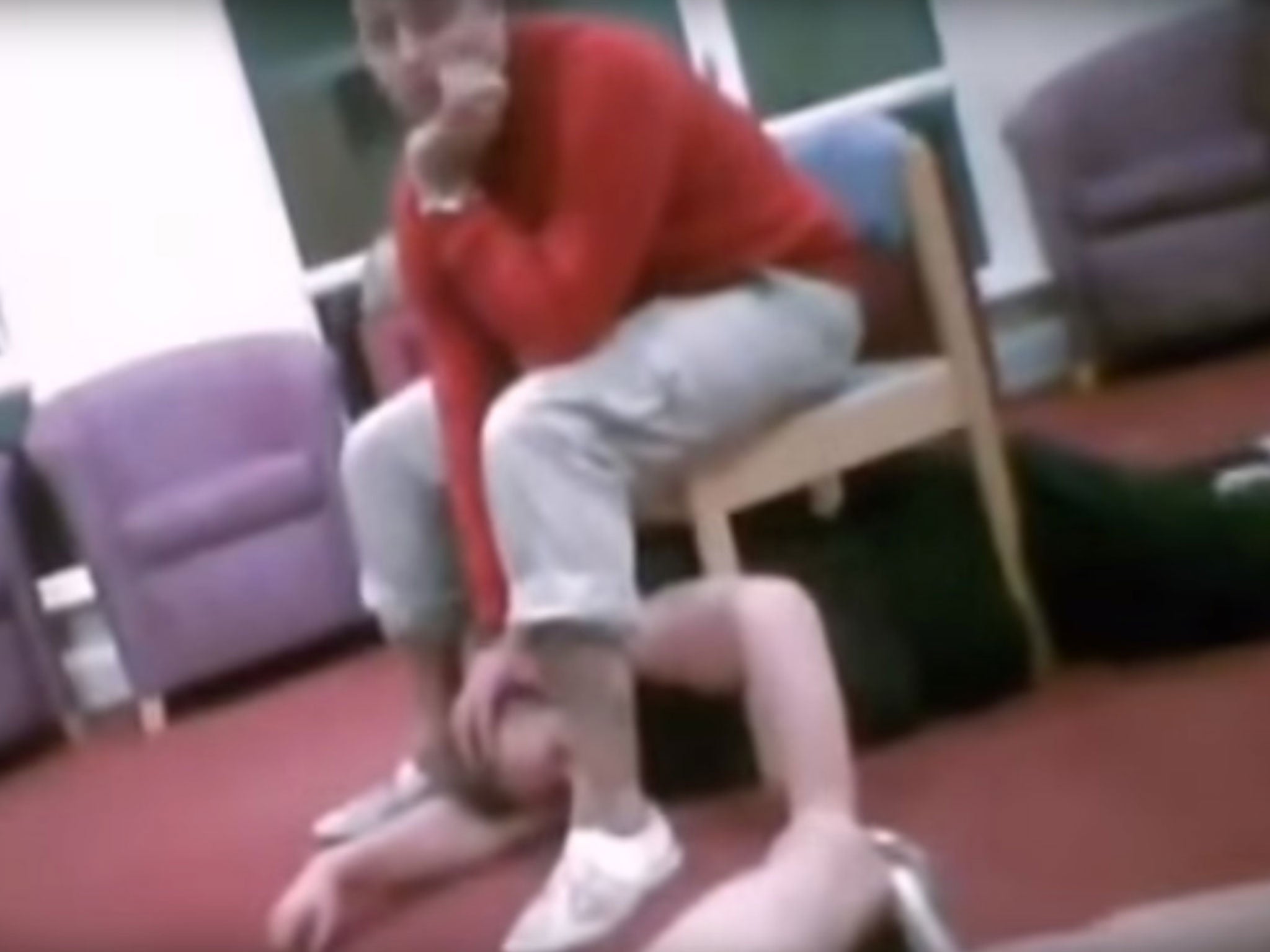Winterbourne View: Victims' families criticise 'painfully slow' progress following care home abuse
In 2011, an undercover investigation revealed abuse at the care home for vulnerable adults, including staff making violent threats to patients, pulling patients' hair and poking their eyes

Your support helps us to tell the story
From reproductive rights to climate change to Big Tech, The Independent is on the ground when the story is developing. Whether it's investigating the financials of Elon Musk's pro-Trump PAC or producing our latest documentary, 'The A Word', which shines a light on the American women fighting for reproductive rights, we know how important it is to parse out the facts from the messaging.
At such a critical moment in US history, we need reporters on the ground. Your donation allows us to keep sending journalists to speak to both sides of the story.
The Independent is trusted by Americans across the entire political spectrum. And unlike many other quality news outlets, we choose not to lock Americans out of our reporting and analysis with paywalls. We believe quality journalism should be available to everyone, paid for by those who can afford it.
Your support makes all the difference.Families of vulnerable people abused in the Winterbourne View scandal have written to the Prime Minister to demand action, criticising progress as “painfully slow”. It has been five years since an undercover investigation revealed abuse at the care home for disabled and vulnerable adults near Bristol.
In a letter, seen by The Independent, four relatives of abuse victims have described their “anger” at government response in the intervening period and say care systems for vulnerable adults are “outdated and “inappropriate”. Their calls are backed by charities Mencap and The Challenging Behaviour Foundation, as well as former minister for care and support Norman Lamb.
Abuse at Winterbourne View care home came to light following an investigation by BBC's Panorama in 2011. Footage obtained in the investigation showed staff treating patients in what a judge later called a “cruel, callous and degrading” manner. The care home housed vulnerable adults including those with learning disabilities or “challenging behaviour”. Staff were found pulling patients’ hair, poking their eyes, swearing at them and making violent threats. Once the abuse surfaced, 11 members of staff were prosecuted for their involvement.
Winterbourne View has since been closed, but thousands of patients with learning disabilities are still living in units like it for extended periods. It is estimated that some 3,000 are in similar institutions in the UK.
Norman Lamb said: “It is deeply frustrating that five years on from Winterbourne View we are yet to see the change needed for this group of vulnerable people. It is a shocking indictment of our health and social care system that there has been such a failure to action change. People need to be moved out of these places and into more appropriate care in community settings, where they will be able to live in the way they and their families chose.”
It is a shocking indictment of our health and social care system that there has been such a failure to action change
Ann Earley, whose son Simon was a victim of abuse at Winterbourne View, said: “I am devastated that five years on from Winterbourne View people with a learning disability are still stuck in inpatient units like Simon was, and families are still forced to battle a system of care that is outdated. After everything that Simon went through, after all the things that have been said by those in power, it is unforgivable that things have not changed for so many people.”
A spokesperson for NHS England told The Independent: “We have seen significant increases in the numbers of people both being discharged from hospital and having their care and treatment reviewed in the last year. We know, however, that progress up to now hasn’t been quick enough and we sympathise with the frustrations expressed.
“The real difference will be made over the coming months and years as local areas implement their response to the far-reaching plans set out by NHS England and its national partners, ensuring that the housing, care and advocacy services become available in each community to provide the high-quality alternatives to hospital people and their families want and need.”
Join our commenting forum
Join thought-provoking conversations, follow other Independent readers and see their replies
Comments